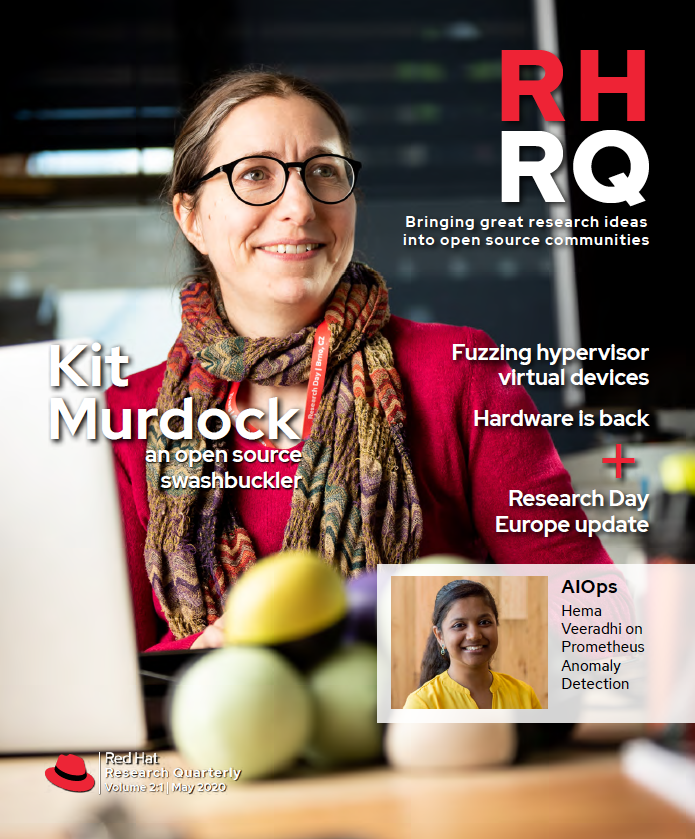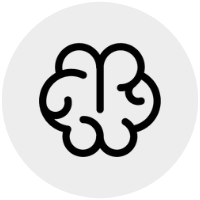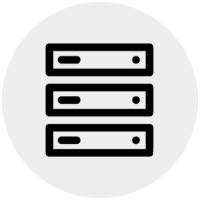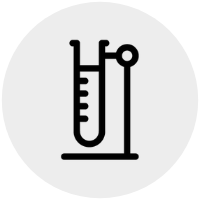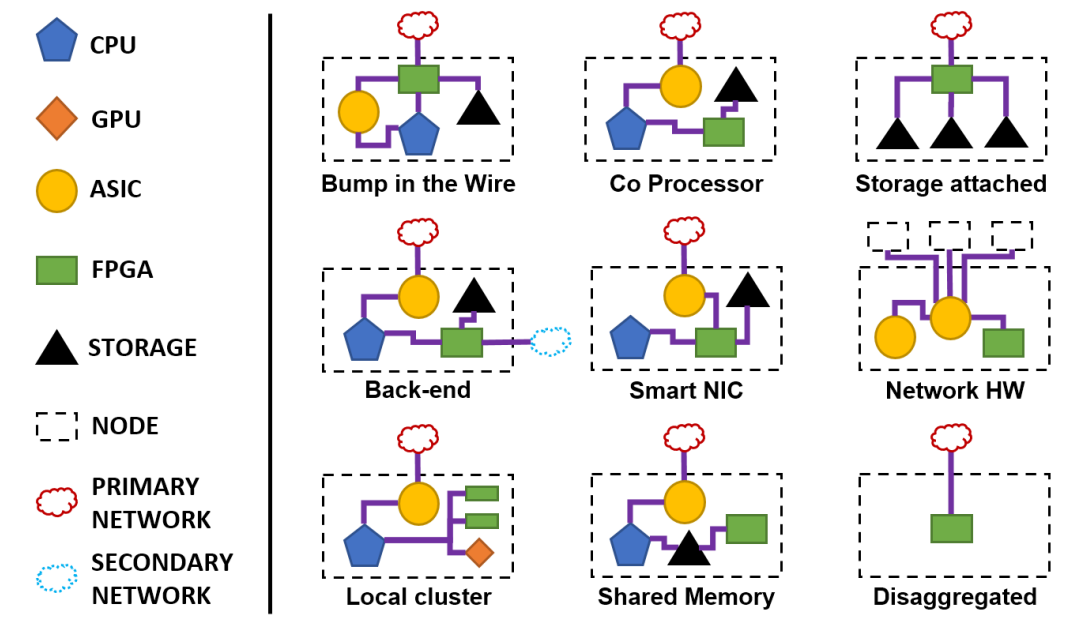Research Areas
Our engineers partner with researchers and students at universities worldwide to collaborate on research projects from AI to privacy to heterogenous hardware.
Featured articles
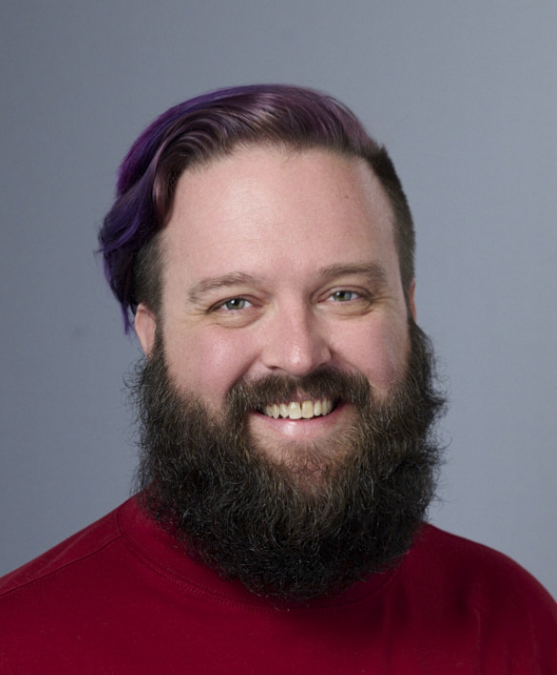
Intern spotlight: Eric Munson builds guitars and Unikernel Linux
PhD interns at Red Hat Research’s partner universities play a pivotal role in bringing together the cutting-edge thinking of research institutions with the real-world expertise of industry. The PhD program enables long-term research partnerships that provide greater...
Future vision: on the internet, technopanic, and the limits of AI
An interview with Walter Scheirer, the Dennis O. Doughty Collegiate Associate Professor of Computer Science and Engineering at the University of Notre Dame and a faculty affiliate of Notre Dame’s Technology Ethics Center. In December 2023, Scheirer published A History of Fake Things on the Internet (Stanford UP)
News
Upcoming events
Internships
Red Hat offers students a unique opportunity to gain real-life working experience working on Red Hat projects and products. Every Red Hat intern works on a project with a goal of getting code into open source, building experience and upstream credibility along the way.

Get Involved
Whether you’re an experienced coder or just starting out in open source, we have opportunities for you to get involved.
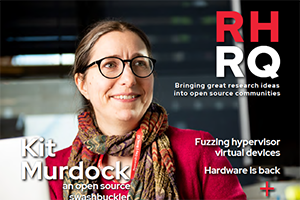
Red Hat Research Quarterly
Every quarter, we detail the latest projects we are working on, interview a leader in open source code and cutting edge research, and more.

Contact Us
Looking for more information on a project or research area featured here? The Red Hat Research community is happy to hear from you!
